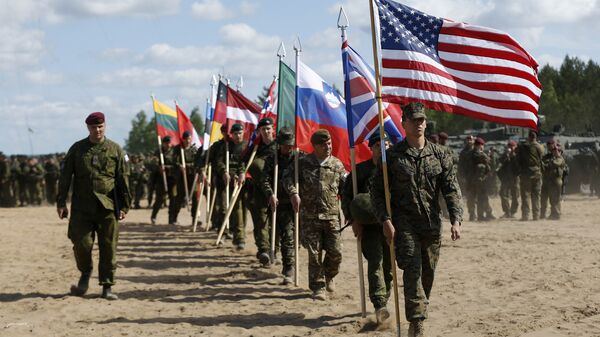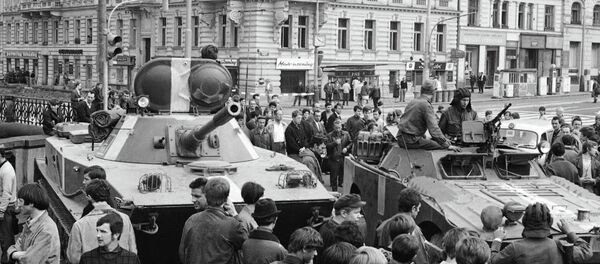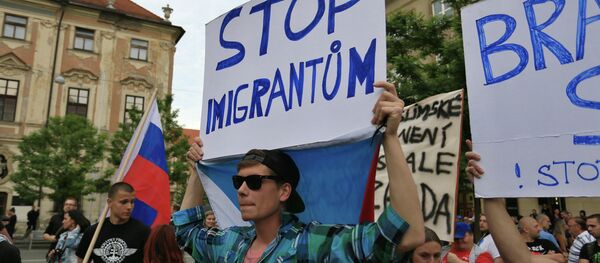On November 4 representatives of Lithuania, Latvia, Estonia, Poland, Romania, Hungary, Slovakia, Bulgaria and the Czech Republic decided to send a "letter of invitation" to request the permanent positioning of foreign troops on their territory. The following week, Schneider wrote a column criticizing the decision.
"This is an unpleasant reminder of the period before August 1969, when similar actions led to the 'legal' military presence of armies from Warsaw Pact countries on the territory of the Czechoslovak Socialist Republic," Schneider wrote the following week, in criticism of the decision.
"One of the most shameful chapters was the 'letter from 99 Pragovaka,' (workers from the Praga car factory) who protested against attempts to speed up the withdrawal of Soviet troops after exercises ended in June, citing the fact that 'not one decent, honest citizen of our homeland … can interfere with the presence of Warsaw Pact troops. On the contrary, they should feel safer.'"
Some politicians in the Czech Republic are using the imaginary Russian threat to bolster their internal political position, for which the constant present of 'fraternal' soldiers is very helpful, wrote Schneider.
Nový zvací dopis opakuje rok 1968. S vojsky NATO… | Fórum | Lidovky.cz https://t.co/oisWrRngJr
— Виктор Глотов (@Victor_Glotov) 16 ноября 2015
'The new invitation letter repeats the year 1968. With NATO troops….' — the column by Jan Schneider in Ceska Pozice.
The journalist gives examples of their arguments, based on claims of so-called "aggressive Russian actions," such as "the aggressive concentration of the army close to the Russian border."
"But that began after NATO, contrary to a long-made gentleman's agreement, moved extremely close to its former opponent. It seems that some western strategists were lacking an enemy who they already knew. Why should they learn Arabic or Chinese, when back then they learnt the Russian alphabet so well…"
In addition, notable US political scientists Henry Kissenger and Zbigniew Brzezinski have both acknowledged that the increase in tensions between the West and Russia began after NATO expansion to the East, writes Schneider.
"If even these two hawks are saying that, then any Russian desire to attack the eastern members of the alliance can be ruled out."




